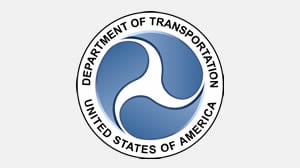Job ID: 269747
Postdoctoral Fellow (Computer vision, machine learning, and/or robotics for infrastructure monitoring)
Nanyang Technological University
The School of Civil and Environmental Engineering (CEE) at Nanyang Technological University (NTU), Singapore, is a leading school for Sustainable Built Environment. The School plays an integral role in spearheading tertiary education, advancing research innovations and providing professional services in a number of key disciplines in Civil and Environmental Engineering and Maritime Studies fields, with the objective of contributing to the technological and economic advancement of Singapore and beyond. The School’s mission in research is to achieve excellence by providing a conducive and intellectually stimulating environment to enable high quality work in strategic directions that are of significant impact to industry, science and technology.
We are looking for a Postdoctoral Research Fellow to advance research

